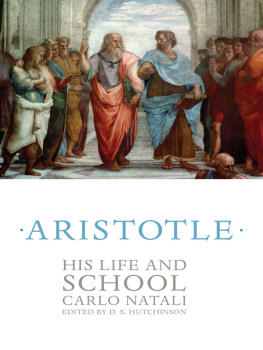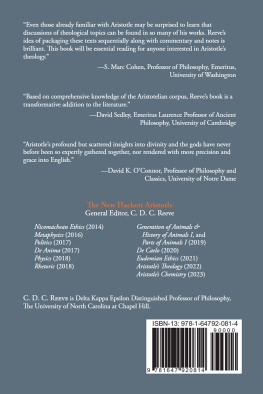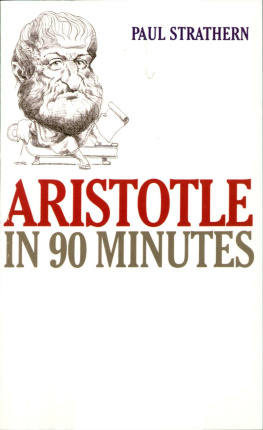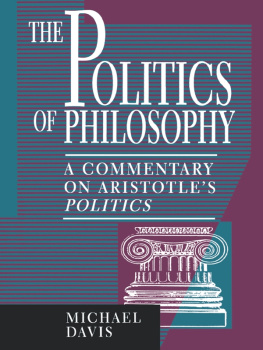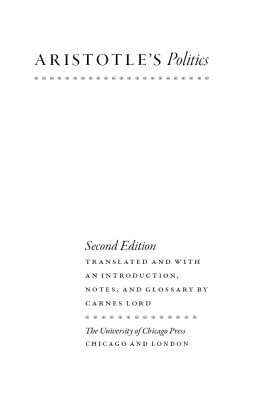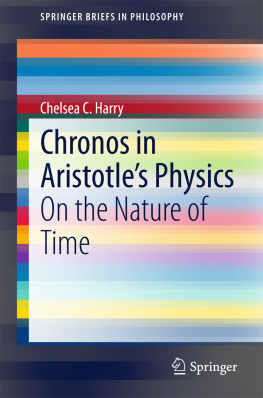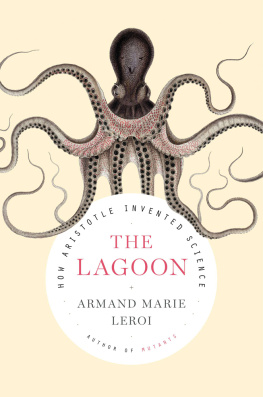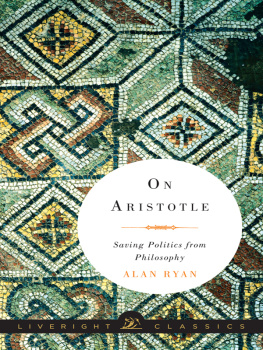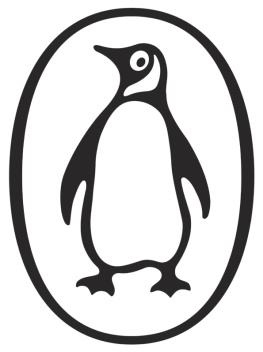
ARISTOTLE
ARISTOTLE
HIS LIFE AND
SCHOOL
CARLO NATALI
EDITED BY D. S. HUTCHINSON
PRINCETON UNIVERSITY PRESS
PRINCETON AND OXFORD
Copyright 2013 by Princeton University Press
Published by Princeton University Press,
41 William Street, Princeton, New Jersey 08540
In the United Kingdom: Princeton University Press,
6 Oxford Street, Woodstock, Oxfordshire OX20 1TW
press.princeton.edu
All Rights Reserved
Library of Congress Cataloging-in-Publication Data
Natali, Carlo, 1948
[Bios theoretikos. English]
Aristotle : his life and school / Carlo Natali ; edited by D.S. Hutchinson.
pages cm
Includes bibliographical references and index.
ISBN 978-0-691-09653-7 (alk. paper)
1. Aristotle. 2. Peripatetics. 3. Philosophers, AncientBiography.
I. Hutchinson, D. S., 1955II. Title.
B481.N3813 2013
185dc23 [B] 2013009174
British Library Cataloging-in-Publication Data is available
The translation of this book has been funded by SEPS

Via Val dAposa 7, 40123 Bologna, Italy
Tel: 39 051 271992 Fax: 39 051 265983
This book has been composed in Dante MT Std
Printed on acid-free paper.
Printed in the United States of America
1 3 5 7 9 10 8 6 4 2
PREFACE (2013)
One of the first books I recall reading, after I learned Italian in my fortieth year, was Carlo Natalis scholarly study on Aristotles biography and the establishment of the Lyceum, BIOS THEORETIKOS: la vita di Aristotele e lorganizzazione della sua scuola (Bologna 1991). I found it to be a masterful demonstration of the skill of marshalling complex information; and a stable and more detailed picture of Aristotle came into focus for me. I thought I was an expert in Aristotle, as I had read many books on Aristotle in the course of my university career; but I had never seen such a quantity of information about who Aristotle really was, some derived from extraordinarily arcane sources, presented with such clarity and such compactness. What I absorbed by reading this one book amply repaid the effort I invested in learning Italian.
It gives me great pleasure to present this translated and updated version of Carlo Natalis book to English readers. I am confident that Aristotle: His Life and School will serve as the new modern standard biography of Aristotle, and the essential starting point for all future research on the person of Aristotle and on the intellectual way of life that he pioneered.
Aristotles thought remains very much alive for us today, despite the great antiquity of his works, and his Nicomachean Ethics is the most widely studied book of moral philosophy at present on North American university campuses. Aristotle invented a new way of being an intellectual and his legacy as an institution-builder is profound: he founded an institution dedicated to advancing the life of the mind and the progress of the sciences, a research and teaching institution that is the distant forerunner of modern scientific learned societies. As our modern academic and research institutions continue to evolve in changing times, the life that Aristotle led and the intellectual life of his Lyceum remain topics of fascination and inspiration.
It is no easy matter to assemble all the available information about Aristotle and sort it from the misinformation, so that a complete and coherent biography results. There were two celebrated attempts to do this in the twentieth century, both of which remain classics in the field: Werner Jaegers Aristotle (1923, translated into English in 1934), and Ingemar Drings Aristotle in the Ancient Biographical Tradition (1957). For judicious evaluations of these books, readers are invited to consult Natalis comments on them (these can be located by using the indexed bibliography compiled for this updated English edition). It is not my place to evaluate the contributions made by these two books, but this surely is the place for me to point out to my readers the virtues of Natalis book.
In my view, this book is as comprehensive as Dring 1957, and as insightful as Jaeger 1923; the evidence is as close to hand as in Dring, and the prose is as readable as in Jaeger; Natalis organization is far clearer and more user-friendly than Drings, and his judicious conclusions are not vitiated by controversial speculations about the supposed development of Aristotles philosophy, a vice of historiography that represents the main flaw in Jaegers work. In my personal library, Natalis book has become the standard-setting work, the most outstanding Aristotle biography of the twentieth century.
In the rest of this preface, I will give a brief account of how this revised and updated English edition came about, as well as what is new and what has been improved. But first I wish to reflect briefly on the achievements of the original Italian edition in bringing together a coherent biographical framework with which to control the scattered, exiguous, indirect, and uncertain forms of evidence that presently survive.
In his introduction (1990), Natali reflected on what it would be to succeed at his task, starting from criteria derived from George Steiner. The biography of a philosopher should seek to make the biographical data correspond with the work of the philosopher, and to draw from this attempt the grounds of its legitimation; and yet completing a project of this sort, with a vision of the connections between life and theory that is both analytic and intuitive, would require something like genius and demand formidable authority. Linking the biographical events of a philosopher with the special characteristics of his thought is therefore an undertaking as difficult as it is fascinating. In some cases, this linkage is possible and has been brilliantly carried out, notably by Maurice Cranston in his magnificent biographies Jean-Jacques: The Early Life and Work of Jean-Jacques Rousseau, 17121754 and The Noble Savage: Jean-Jacques Rousseau, 17541762 (published in 1983 and 1991). These biographies have the rich narrative flow and insightful detail of novels, while being rigorously based only on the most primary evidence, namely archival documents written by Rousseau himself or his correspondents.
But this is precisely where the difference resides between an Aristotle biography and a Rousseau biography. The surviving handwritten archival evidence written by and pertaining to Rousseau is so extensive and so expressive of his personality and thought that Cranston was able to dispense with later scholarly sources, since he had better evidence in the modern archives than had been used by previous Rousseau biographers. With Aristotle, the situation is entirely reversed: not a single archival document survives from the classical period; Aristotles personality was not morbidly self-expressive in the way that Rousseaus clearly was (I cannot conceive of Aristotle writing a work like Rousseaus Confessions); the facts and probabilities about key events need to be puzzled out on the basis of later ancient scholarly sources, all of whose works have themselves been lost in their original forms, except to the extent that there are damaged papyrus fragments remaining, or portions of their work that happen to have survived in one or more medieval manuscripts and have received a modern printed edition. Access to the scattered exiguous information on Aristotle is multiply indirect, and often compromised into uncertainty by the agendas of the ancient (or modern) scholars who transmit it. The brilliance of a successful Aristotle biography such as this one resides primarily in the careful marshaling and judicious assessment of the intermediate sources, as well as the insightful interpretation of passages in Aristotles own works; the result is a stable and responsible picture of the biography, even though the philosopher is not personally revealed as fully or as intimately as Rousseau.
Next page
